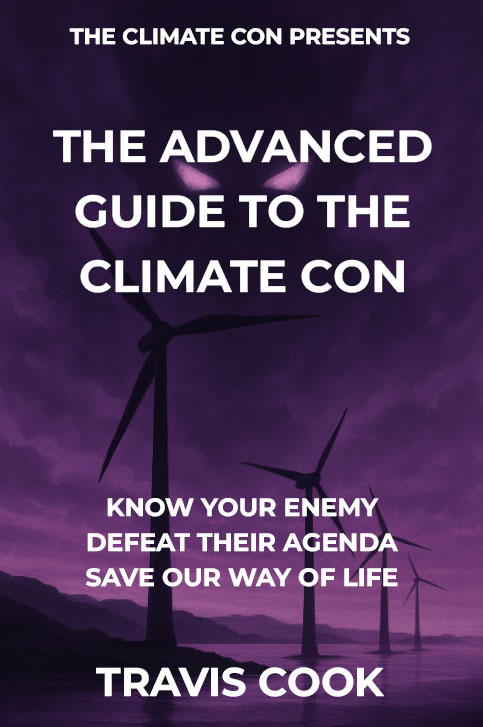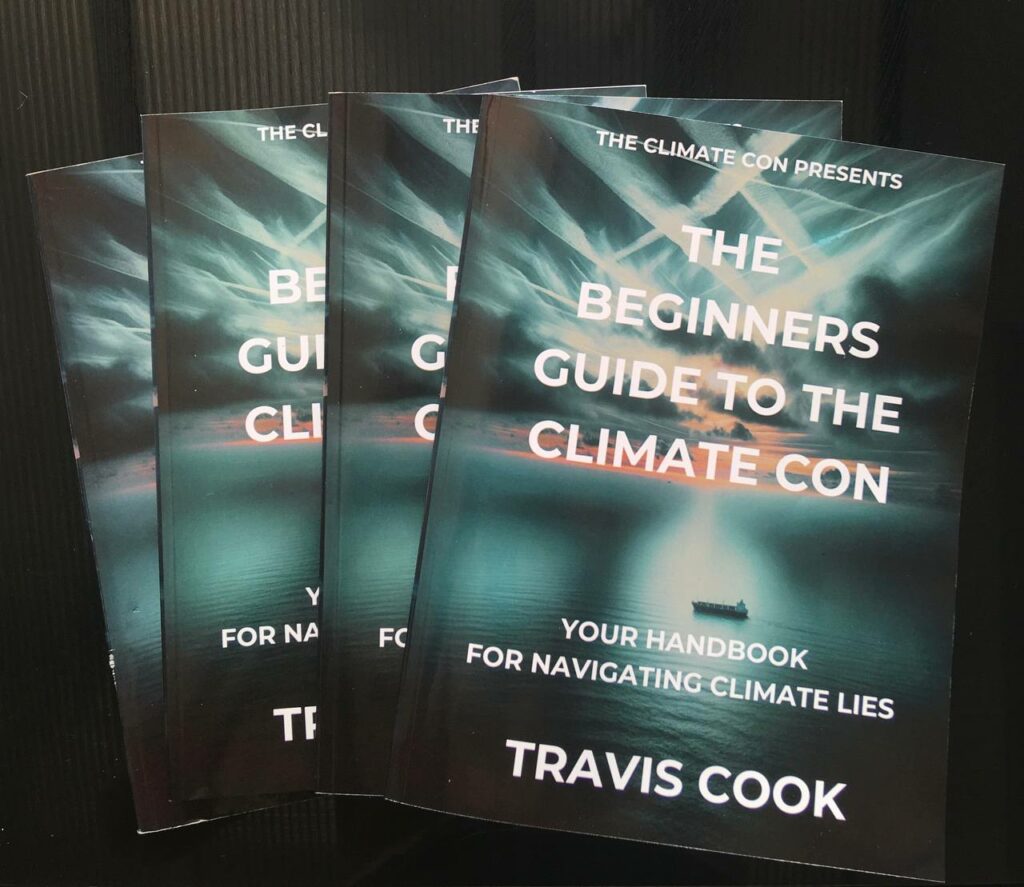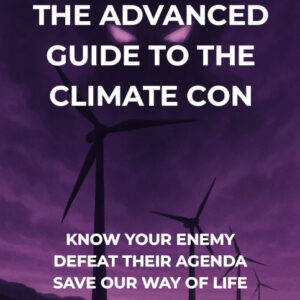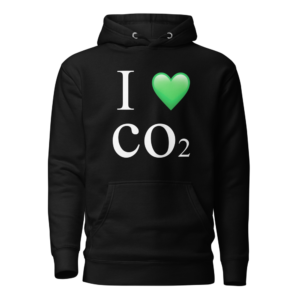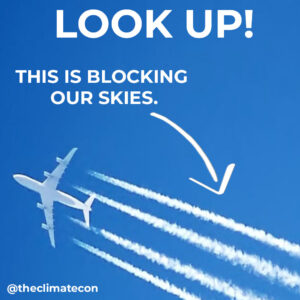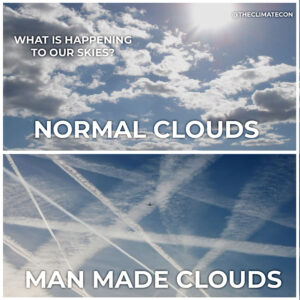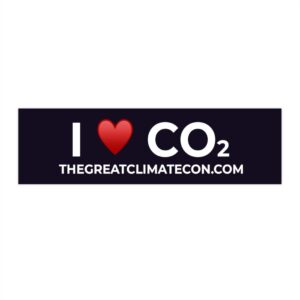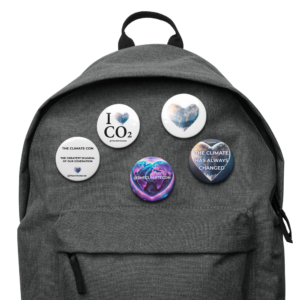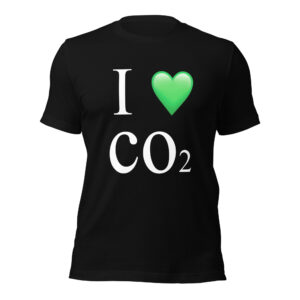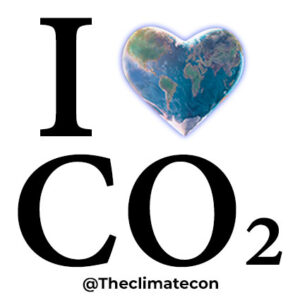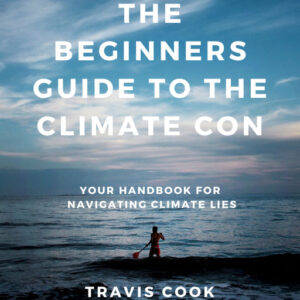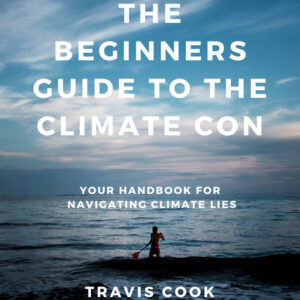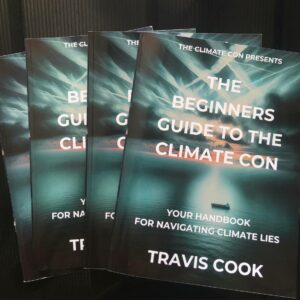20 Of The Best Ice Free Arctic Failed Predictions
It seems they have no shame and the agenda is to just scare you into compliance
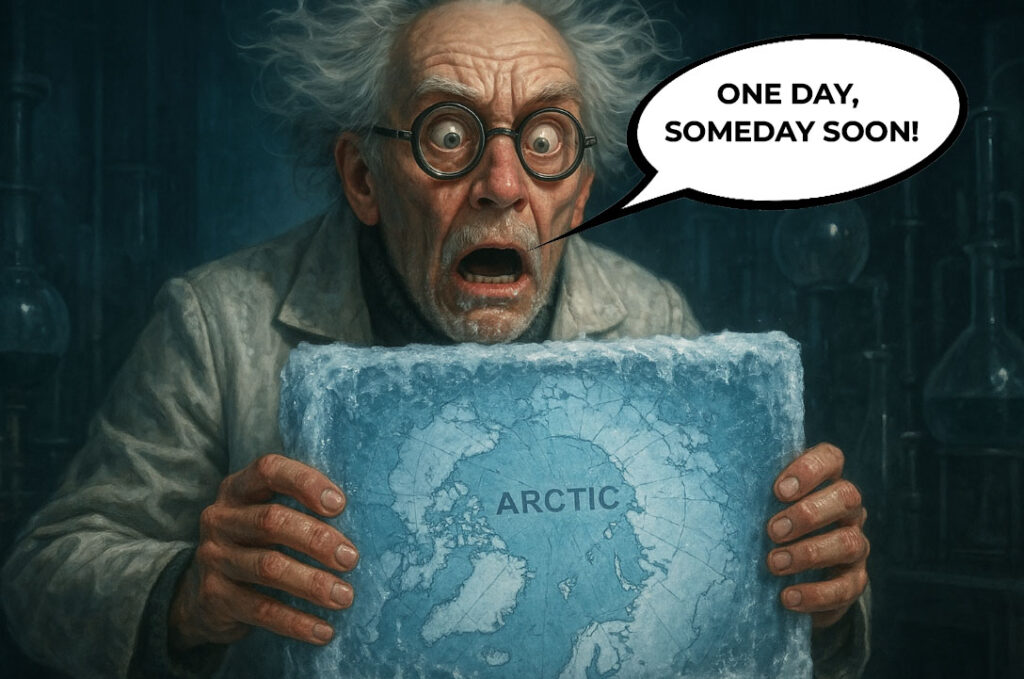
One day, some day soon, the Artic will be ice free, right!? Wrong, so so wrong. Here are 20 of the best Arctic will be ice free failed predictions. From scientists to politicians to the climate cult backers in the media, time and time again the prophets of doom have been wrong. The real question is, why does anybody even listen to them anymore? Take this data and share it with your favourite net zero zealot climate cult follower and blow their mind.
| Year of Prediction | Predictor | Predicted Ice-Free Year | Key Quote/Excerpt | Article Link |
|---|---|---|---|---|
| 2007 | Professor Wieslaw Maslowski (Naval Postgraduate School) Professor Wieslaw Maslowski (Naval Postgraduate School) | 2013 | “Our projection of 2013 for the removal of ice in summer is not accounting for the last two minima, in 2005 and 2007… So given that, if you want to be conservative, we can postulate that maybe our projection is already too conservative.” | BBC News: Arctic summers ice-free ‘by 2013’ |
| 2007 | NASA Scientist Jay Zwally | 2012 | “At this rate, the Arctic Ocean could be nearly ice-free at the end of summer by 2012, much faster than previous predictions.” | Los Angeles Times: Scientist sees quick end to summer sea ice |
| 2007 | Professor Louis Fortier (Université Laval, Director ArcticNet) | 2010-2015 | “According to these models, there will be no sea ice left in the summer in the Arctic Ocean somewhere between 2010 and 2015. And it’s probably going to happen even faster than that.” | The Big List Of Failed Predictions |
| 2007 | Mark Serreze (US National Snow and Ice Data Center) | 2030 | “If you asked me a couple of years ago when the Arctic could lose all of its ice, then I would have said 2100, or 2070 maybe. But now I think that 2030 is a reasonable estimate.” | The Guardian: Ice-free Arctic could be here in 23 years |
| 2007 | Al Gore (former US Vice President) | 2013 | “North Polar ice cap is falling off a cliff” | Grantham Institute |
| 2008 | Dr. Olav Orheim (Norwegian International Polar Year Secretariat) | 2008 | “If Norway’s average temperature this year equals that in 2007, the ice cap in the Arctic will all melt away, which is highly possible judging from current conditions.” | The Big List Of Failed Predictions |
| 2008 | Mark Serreze (US National Snow and Ice Data Center) | 2008 | “We could have no ice at the North Pole at the end of this summer… We may have no ice at all in the Arctic Ocean in summer by 2030 or so.” | France 24: Bad summer for Arctic ice cap |
| 2009 | John Kerry (US Senator) | 2013 | “Scientists project the Arctic will be ice-free in the summer of 2013.” | Politifact: Kerry claims the Arctic will be ice-free by summer 2013 |
| 2011 | Wieslaw Maslowski | 2016 (±3 years) | “Our best guess is 2016, plus or minus three years.” | BBC News: New warning on Arctic sea ice melt |
| 2012 | Dr. Mark Drinkwater (European Space Agency) | 2020 | “If this rate of melting [in 2012] is sustained in 2013, we are staring down the barrel and looking at a summer Arctic which is potentially free of sea ice within this decade.” | The Big List Of Failed PredictionsThe Big List Of Failed PredictionsYale Environment 360: As Arctic Melts, Efforts Are Being Made to Save Crucial Data |
| 2012 | Professor Peter Wadhams (Cambridge University) | 2015-2016 | “This collapse, I predicted would occur in 2015-16 at which time the summer Arctic would become ice-free. The final collapse towards that state is now happening and will probably be complete by those dates.” | The Guardian: Global warming has brought us to the brink of catastrophe |
| 2013 | The Guardian (citing scientists) | 2015 | “Arctic ice-free by 2015.” | The Guardian: Arctic will be ‘ice-free in two years’ |
| 2013 | Peter Wadhams (Cambridge University) | 2015 | “It could even be this year or next year but not later than 2015 there won’t be any ice in the Arctic in the summer.” | Financial Times: Climate change and the Arctic |
| 2013 | US Navy | 2016 | “A US Navy scientist predicts that the Arctic could lose its summer sea ice cover as early as 2016 – 84 years ahead of conventional model projections.” | The Guardian: US Navy predicts summer ice free Arctic by 2016 |
| 2013 | James Overland (NOAA) and Muyin Wang | 2020 or earlier | “Time horizons for a nearly sea ice-free summer for these three approaches are roughly 2020 or earlier, 2030 ± 10 years, and 2040 or later.” | AGU Journals: When will the summer Arctic be nearly sea ice free? |
| 2016 | Peter Wadhams (Cambridge University) | 2017 or 2018 | “Next year or the year after, the Arctic will be free of ice.” | The Guardian: ‘Next year or the year after, the Arctic will be free of ice’ |
| 2018 | James G. Anderson (Harvard University) | “The chance that there will be any permanent ice left in the Arctic after 2022 is essentially zero.” | “The chance that there will be any permanent ice left in the Arctic after 2022 is essentially zero.” | Forbes: We Have Five Years To Save Ourselves From Climate Change, Harvard Scientist Says |
| 2018 | Peter Wadhams (Cambridge University) | Next few years (2020-2022) | “One of the most eminent climate scientists in the world, Peter Wadhams, believes an ice-free Arctic will occur one summer in the next few years and that it will initiate a dangerous methane feedback that will increase temperatures dramatically.” | Prof Jem Bendell: A Summary of Some Climate Science in 2018 |
| 2019 | Alexandra Jahn (University of Colorado Boulder) | 2020s (as early as before 2030 in some scenarios) | “The Arctic Ocean could become ice-free in the summer in the next 20 years due to a natural, long-term warming phase in the tropical Pacific that adds to human-caused warming.” (Note: This implies potential for early 2020s in accelerated scenarios, which has not occurred.) | ScienceDaily: Ice-free Arctic summers could happen on earlier side of predictions |
| 2020 | Dirk Notz and Julienne Stroeve (Max Planck Institute for Meteorology and NSIDC) | 2023 | “One model projected an ice-free summer as early as 2023” | Predicting the Future of Arctic Ice |
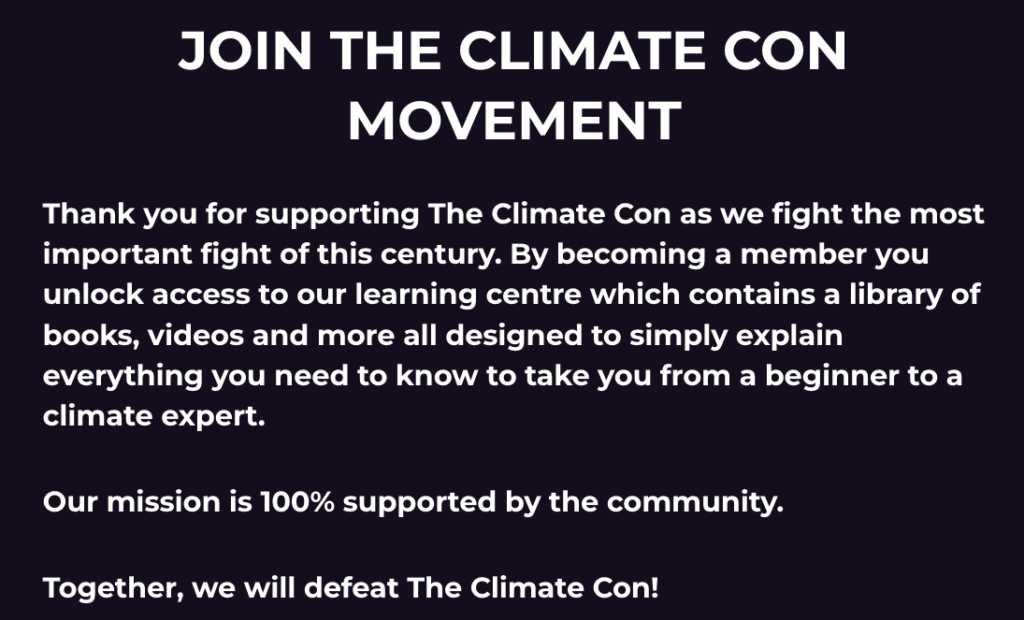
Continue Your Learning

Climate Working Group Disbanded
Our enemies cannot handle a debate because the truth is too powerful. Instead, they do everything possible to silence opposition.
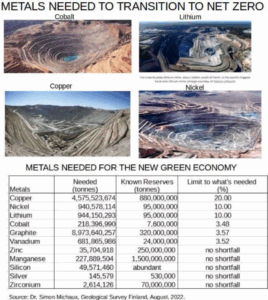
Net Zero Is Mathematically Impossible
Not only does net zero fail a logic test, it fails a maths test even more significantly. Numbers and facts don’t lie, no matter how loud the climate cult cry.
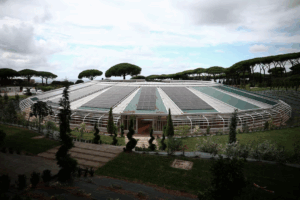
A Ridiculous Foray into Eco-Fantasy: The Vatican’s “Borgo Laudato Si” A New Climate Cult Centre
For some reason the pope is joining the ranks of the climate cult and is opening a new eco centre to supposedly inspire others to join the climate cult.
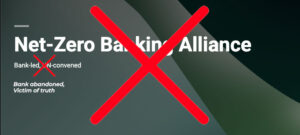
Net Zero Banking Alliance Defeated
The net zero banking alliance all but admits defeat as they pause operations and their future hangs in the balance of a members vote.
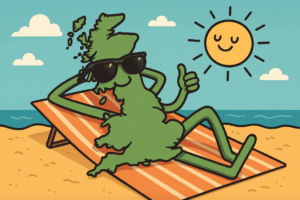
The Climate Is Always Changing And That’s A Good Thing
The climate is always changing and that is a good thing. I could adapt to it being a bit warmer in the UK quicktime, how about you?
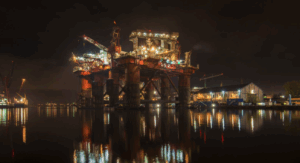
Oil Rig Parts Maker Nearly Completely Abandons Operations Due To ‘cult of carbon’
The UK is getting left behind as the decimation of our industry continues under the banner of net zero. When we realise we don’t need any of this and claim our true abundant destiny?
Our Products
-
The Advanced Guide To The Climate Con Sigfned
The Advanced Guide To The Climate Con (Signed Hardcopy)
£32.99 -
Clothing
I Love CO2 Hoodie
£28.00 – £30.00 This product has multiple variants. The options may be chosen on the product page -
Accessories
Chemtrail Awareness Sticker 1
£3.33 – £3.83 This product has multiple variants. The options may be chosen on the product page -
Accessories
Chemtrail Awareness Sticker 2
£3.33 – £3.83 This product has multiple variants. The options may be chosen on the product page -
Accessories
I Love CO2 Shirt
£17.20 – £29.20 This product has multiple variants. The options may be chosen on the product page -
Accessories
I Love CO2 Sticker
£3.33 – £3.83 This product has multiple variants. The options may be chosen on the product page -
Accessories
Stuck Farmer T-Shirt
£18.00 – £24.00 This product has multiple variants. The options may be chosen on the product page
Track The Cost Of Net Zero
Stay ahead of the transition with real-time cost monitoring and optimization tools.
Access Cost Trackers →
